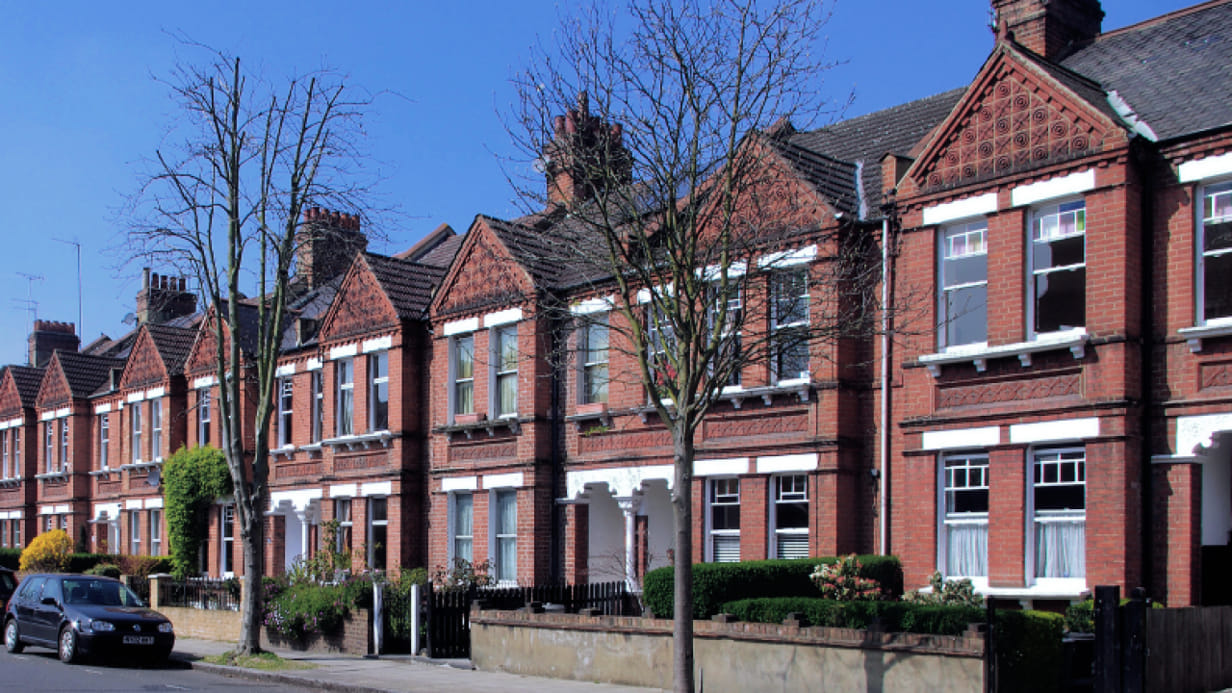Unveiling the Transformation: Islington Tufnell Park’s Change of Use
Nestled in the vibrant borough of Islington, Tufnell Park exudes an eclectic charm that seamlessly blends history with modernity. Over the years, this dynamic neighborhood has witnessed a metamorphosis, with its architectural landscape evolving to meet the changing needs of its residents and visitors. At the heart of this transformation lies the concept of “change of use” – a process that has played a pivotal role in reshaping the character of Tufnell Park.
Understanding Change of Use:
Islington Change of use refers to the alteration of a property’s purpose, from its original designated function to a new one. In the context of Islington Tufnell Park, this could entail converting a residential property into commercial premises, repurposing a warehouse into trendy loft apartments, or transforming a former industrial site into a cultural hub. This adaptive reuse of spaces not only breathes new life into existing structures but also fosters economic growth and community revitalization.
Historical Evolution:
Tufnell Park boasts a rich history that dates back to the Victorian era when it was primarily a residential area, characterized by elegant terraced houses and leafy streets. However, with the onset of industrialization in the late 19th century, the neighborhood saw the emergence of factories and warehouses, catering to the booming manufacturing sector. As industries declined in the latter half of the 20th century, many of these industrial spaces became obsolete, paving the way for their conversion into residential units, studios, and creative workspaces.
Cultural Renaissance:
In recent years, Tufnell Park has experienced a cultural renaissance, fueled by its diverse community and thriving arts scene. Change of use has been instrumental in nurturing this creative energy, with disused buildings being repurposed into galleries, theaters, and music venues. The iconic O2 Forum Kentish Town, formerly known as the Town & Country Club, stands as a testament to this transformation, having evolved from a cinema to a renowned live music venue that attracts top artists from around the world.
Economic Impact:
The change of use has not only contributed to the cultural vibrancy of Tufnell Park but has also had a significant economic impact on the area. By converting underutilized properties into viable commercial spaces, property owners have been able to unlock new sources of revenue while catering to the evolving needs of the community. This has led to an increase in foot traffic, job creation, and investment opportunities, further solidifying Tufnell Park’s position as a desirable destination for residents and businesses alike.
Challenges and Opportunities:
Despite its many benefits, the change of use also presents certain challenges, particularly in terms of preserving the neighborhood’s heritage and character. As Tufnell Park undergoes rapid development, there is a need to strike a balance between innovation and conservation, ensuring that the area retains its unique identity while embracing progress. Community engagement and thoughtful urban planning are essential in navigating these complexities, fostering a sense of ownership and stewardship among residents.
Looking Ahead:
As Islington Tufnell Park continues to evolve, the change of use will undoubtedly remain a driving force behind its transformation. From repurposing historic buildings to accommodating emerging industries, the neighborhood will continue to reinvent itself while staying true to its roots. By embracing innovation, sustainability, and inclusivity, Tufnell Park is poised to write the next chapter in its storied history, captivating generations to come with its enduring charm and vitality.



Comments are closed